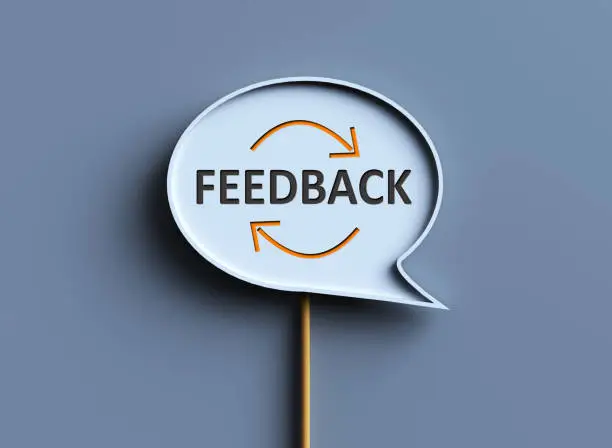Asking for feedback after an interview is a valuable step many job seekers overlook. Whether you got the job or not, understanding how you performed can help you improve in future interviews. It also shows professionalism, a willingness to grow, and an interest in the employer’s perspective. The key is to ask the right way, at the right time. Here is how to ask for feedback after interview.
- Wait for the Final Decision
Before you request feedback, make sure the interview process is officially over. If the company has told you that you were not selected or they’ve made their final hiring decision, then it’s the appropriate time to ask. Don’t rush the process. Give them space to conclude their selection.
If you haven’t heard back after the interview, follow up politely first about the status of your application. Once you get a response, especially if it’s a rejection, that’s your opportunity to ask for feedback.
- Choose the Right Method
Email is the most common and professional way to ask for feedback. If you were communicating with the interviewer or a recruiter through email, continue using that same platform. Keep your message short, clear, and courteous.
A phone call is only appropriate if the company had already been using calls to communicate with you. In most cases, email is preferred because it allows the recipient time to think about and write a thoughtful response.
- Use a Polite and Positive Tone
Even if you’re disappointed with the result, always remain polite and respectful in your message. Express appreciation for the opportunity and show a genuine desire to learn and grow from the experience.
Example:
“Thank you for the opportunity to interview for the [job title] position. I appreciate the time you and your team took to speak with me. While I understand you’ve decided to move forward with another candidate, I would be grateful if you could share any feedback about my interview performance or areas where I could improve.”
This approach keeps the message professional and constructive.
- Be Specific but Not Demanding
Keep your request focused. You don’t need to ask for a full evaluation—just a few comments or suggestions. Make it clear that you’re looking for ways to improve, not trying to challenge their decision.
Also, don’t follow up multiple times if they don’t respond. Some companies have policies that prevent them from giving feedback, while others may not have the time. If you don’t get a reply, move on respectfully.
- Apply the Feedback You Receive
If the company provides you with feedback, thank them sincerely. Don’t argue or question their comments. Use the insights to improve your preparation, answers, or presentation in future interviews.
Even small feedback, like improving eye contact or being clearer in responses, can help you grow as a candidate.
Also Read: How To Answer Comprehension Questions
Email your news TIPS to Editor@Kahawatungu.com — this is our only official communication channel


